From Local Garage To International Phenomenon
When you think of the biggest companies in the world, it's hard to imagine they were ever anything other than the giants they are. Of course, that's not the truth.
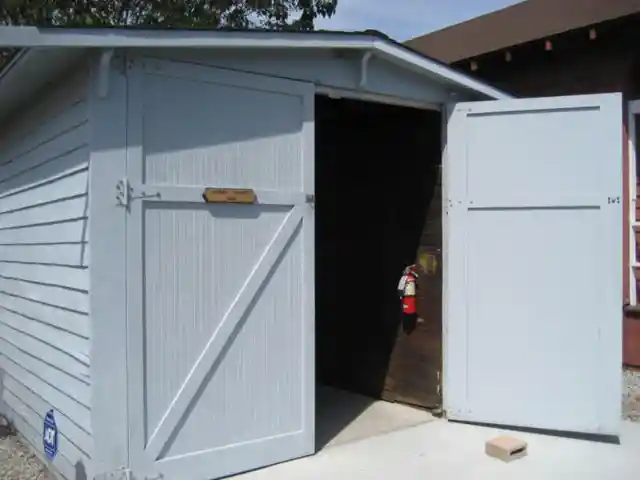
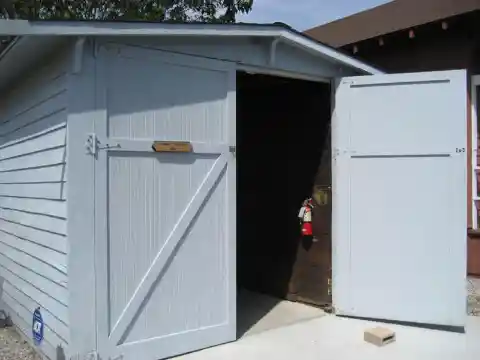
Every company has to start somewhere, whether it be a small store front or in mom's garage. Check out these goliath companies that started out in places as small as someone's backyard.
Although it's hard to believe now, the international giant Amazon got its start in Jeff Bezos's garage in Bellevue, Washington back in 1994. It began with an investment from Bezos's parents, of a few hundred thousand dollars.
An Apple A Day
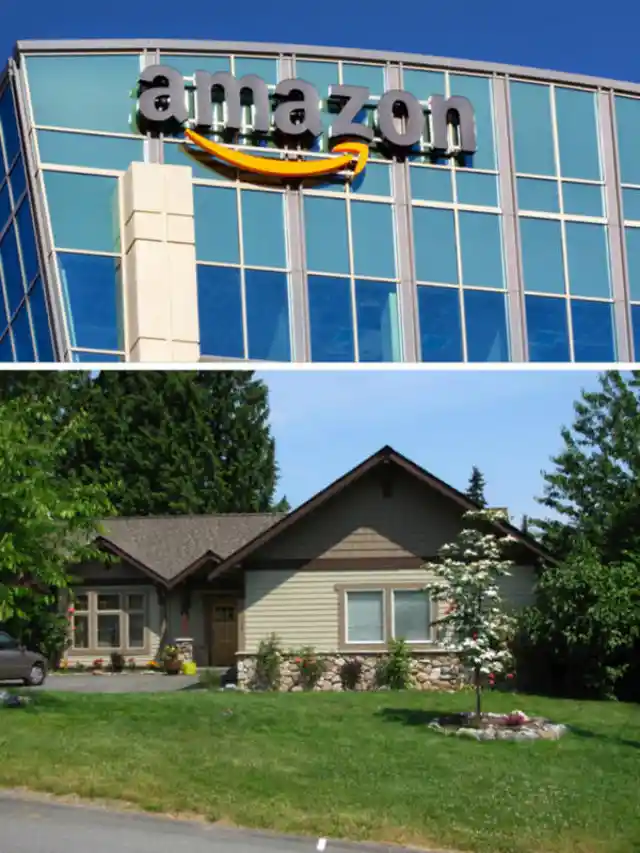
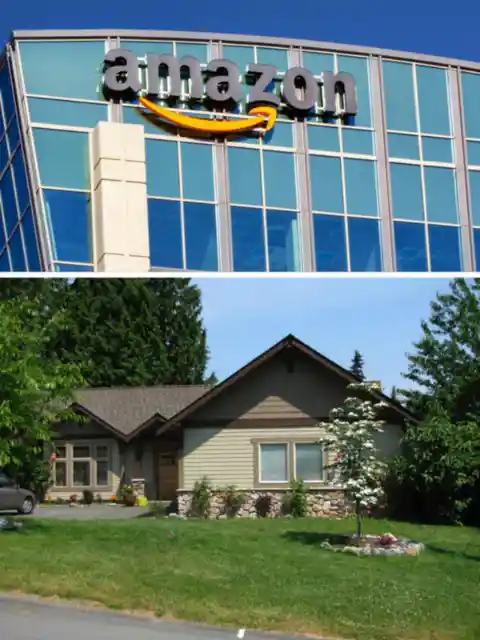
The company now brings in approximately $61 billion in revenue.
While in their early 20s, Steve Jobs and Steve Wozniak kickstarted Apple Computers from a small home garage in Cupertino, California in 1976. The pair had to convince a local computer parts store to give them the parts they needed to complete their first order on credit as they had no startup fund.
It's A Small World Afterall
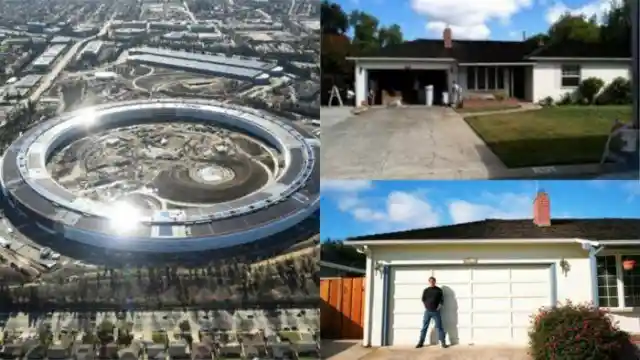
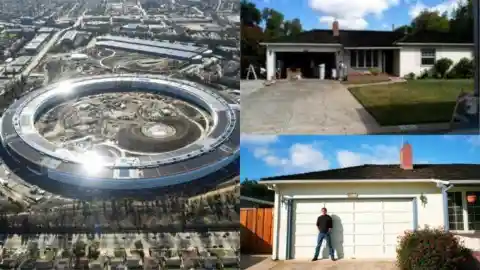
Now, the company is worth $495 billion.
In 1923, brothers Walt and Roy Disney set up camp in their uncle's small one-car garage at the back of his property.
Just Google It
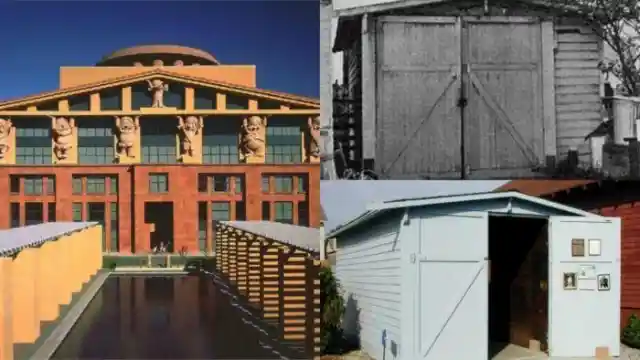
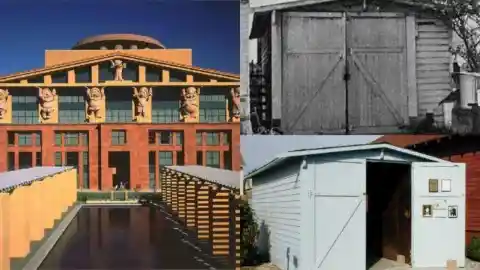
Although Disney hit some setbacks, including having his first character stolen from him, the company went on to become one of the largest media empires in the world, averaging a net worth of $150 billion.
In 1998, two graduate students launched a side project from a friend's garage. The project later turned out to be Google, the world's most-used search engine.
No Garage Necessary
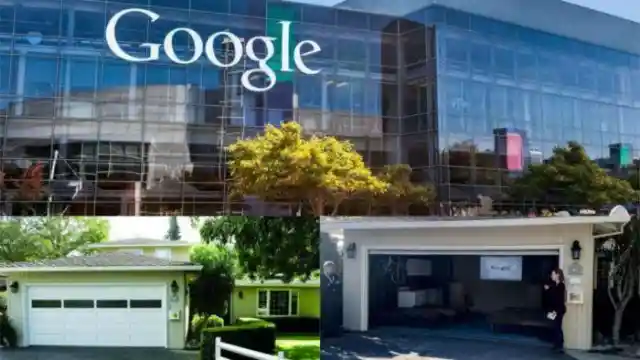
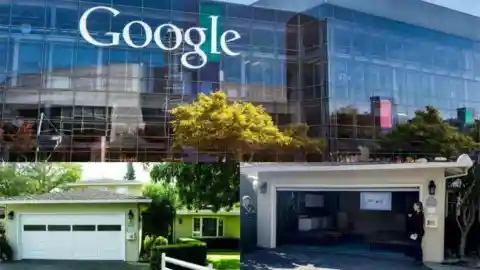
The company, launched by two students and started in a garage, is now the world's most valuable company with a net worth of $498 billion.
While you would think Harley-Davidson got its start in a garage, you're actually quite wrong. The company launched in a 10 by 15 wooden shed.
A Small Investment, A Tiny Garage, And Some Elbow Grease
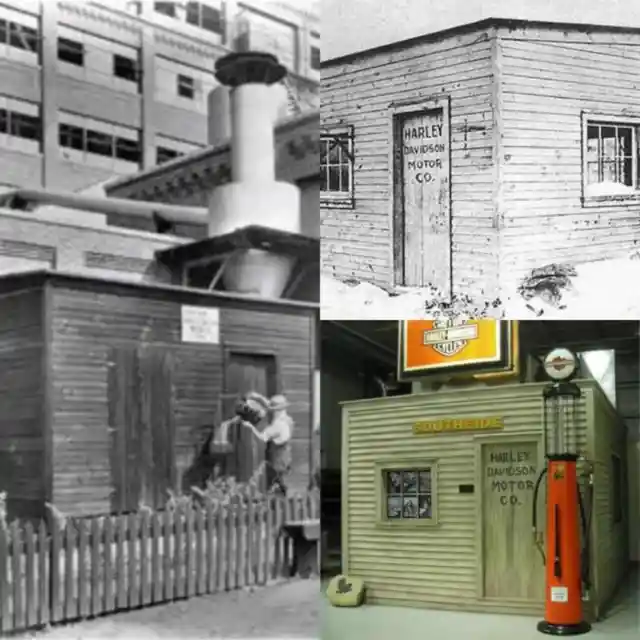
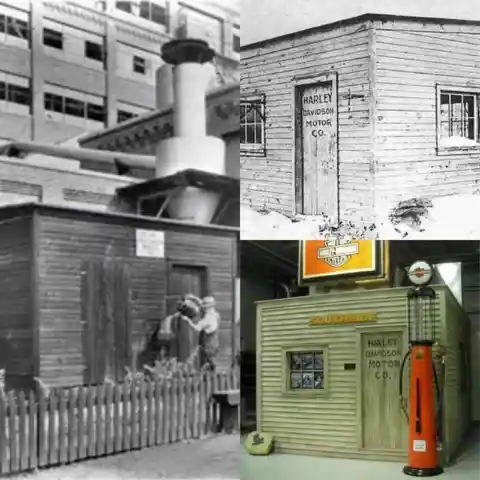
The company was the only American motorcycle manufacturer to make it through the Great Depression and as a testament to their beginnings, the founders had the shed moved to their factory site when they expanded.
With a mere $538 investment, Bill Hewlett and Dave Packard built the framework for HP in Packard's small backyard garage.
Luxury Sports Cars In A Working Class Locale
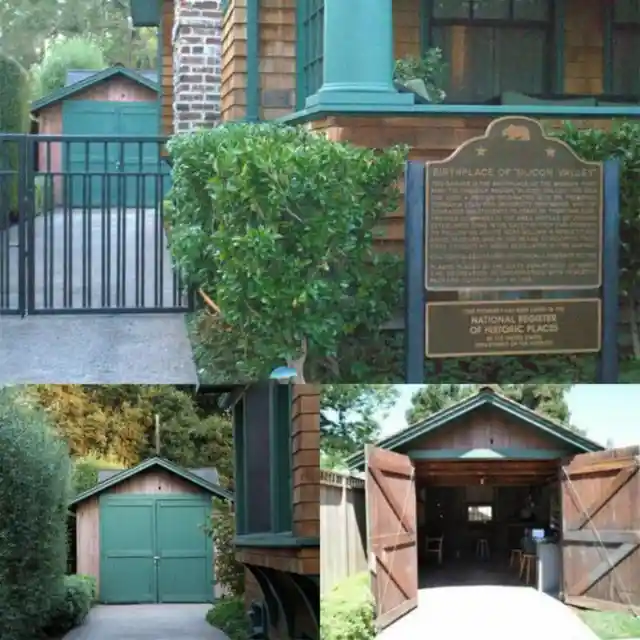
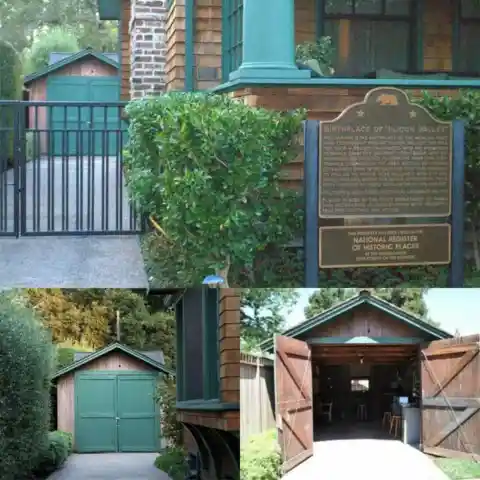
Lucile Packard's paycheck funded the household and paved the way for the duo to reach success. Started in 1939, the company is now one of the largest in the world, worth $51 billion.
It may be hard to believe, but the high-class car line Lotus actually got its start in the stables behind Hornsey's Railway Hotel - a working class community.
More Bang For The Buck
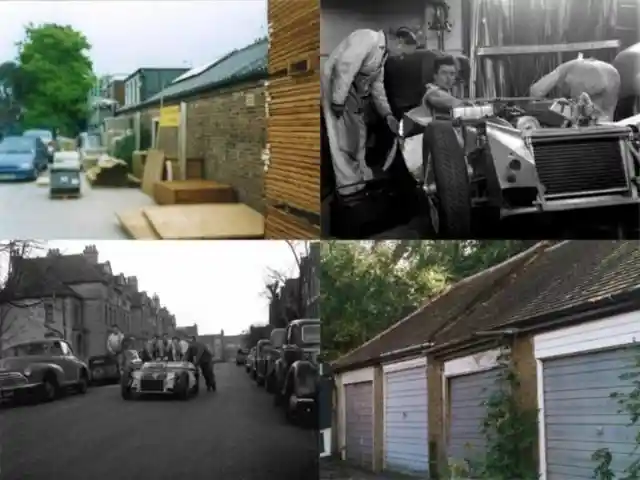
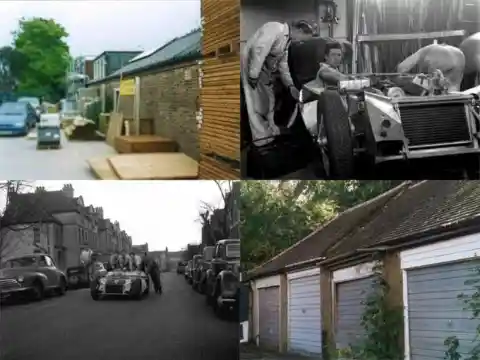
Run from a small lock-up garage, the company quickly expanded into a two-story building in the same area that would become their office, showroom, and assembly building.
The founder of Maglite, Tony Maglica, started the company as a one-man shop in a small garage in L.A. after saving up $125 for the location's down payment.
Barbie's Humble Beginnings
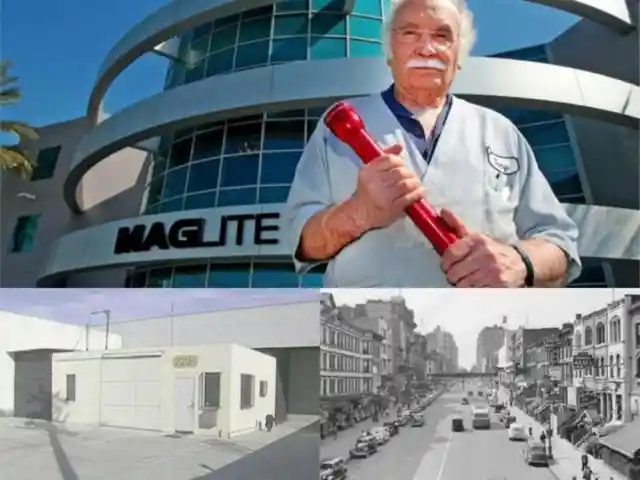
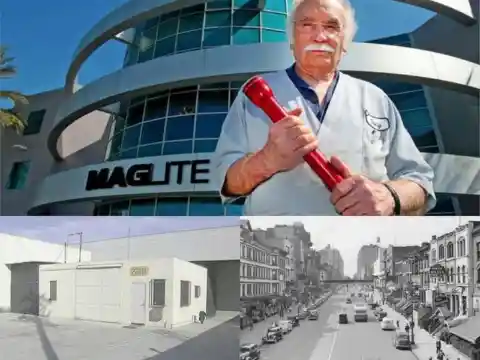
Originally called Mag Instrument, his products quickly became pivotal pieces of equipment in many industries, including the aerospace and military fields.
Harold "Matt" Matson and Elliot Handler, the founders of Mattel, Inc., first started tinkering with the business from a small garage in California in 1945. The company went on to become a goliath in the toy industry and current holder of the title World's Biggest Toymaker.
Yankee Candle
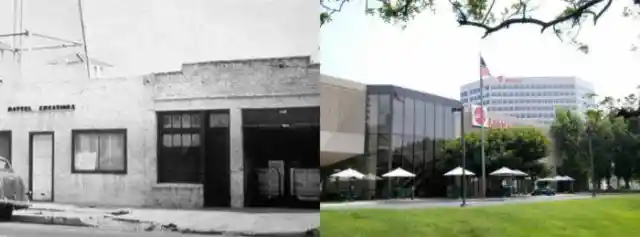
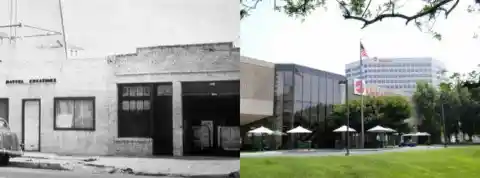
They have a net worth of just over $5.92 billion.
Not only was Yankee Candle launched in a household garage, but it was all because a 16-year-old boy wanted to make his mother a Christmas present when he didn't have enough money to buy one.
Humble Roots To Software King

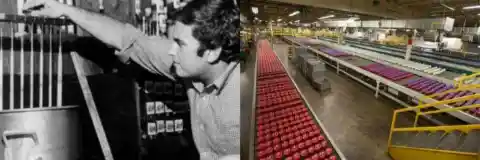
In 2013, the company was sold to Jarden Corporation for a whopping $1.75 billion.
Software giant Microsoft started from the ground-up in a small rental space in Albuquerque, New Mexico before going on to become one of the largest software companies internationally. Today, a plaque stands in front of the original space acknowledging the city for their contribution to their startup.
Determination For A Better Clean
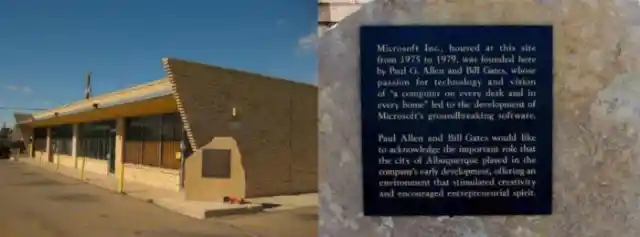
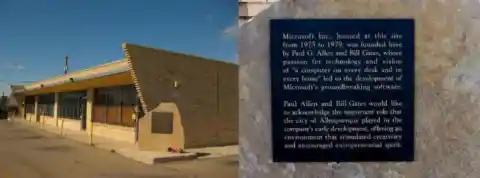
Microsoft has a current market value of $216 billion.
Determined to find a better way to vacuum his house, James Dyson built several prototypes of his bagless vacuum cleaner in his garage long before he became a success. Today, the company sells Dyson products (including vacuum cleaners, hand dryers, bladeless fans, heaters, and hair dryers) in over 70 countries.
Dorm Room To Board Room
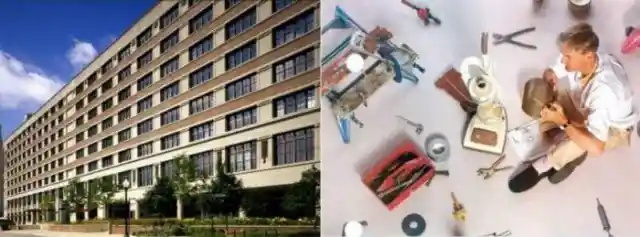

James Dyson is now worth just under $5 billion.
Michael Dell started the groundwork for his company DELL, then called PC's Limited, from his dorm room at the University of Texas at Austin.
Just Do It
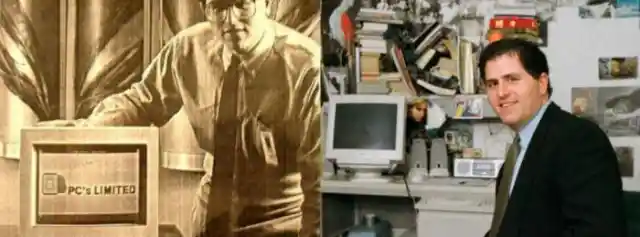
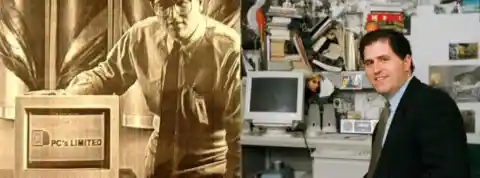
After launching, Dell dropped out of school to focus on the company full-time. The company was founded with a mere $1,000 investment and is now worth over $62 billion.
When a running coach headed out to his workshop with the family waffle iron and some rubber, he had no idea he would be pouring the foundation for Nike, one of the largest athletic shoe retailers. The story is so important to the company today that all employees go through a storytelling program detailing the innovation the company experienced in the early days.
Mompreneur
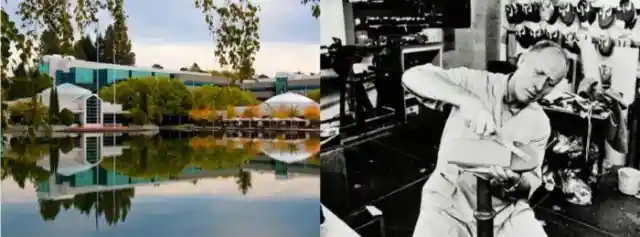
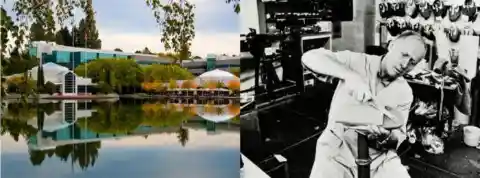
The company brought in $30 billion in revenue in 2015.
Sick of the same old kid shows, Julie Aigner-Clark created Baby Einstein in her very own basement in 1996 with an investment of $18,000 taken from her own savings.
A Whole Bunch Of Struggle
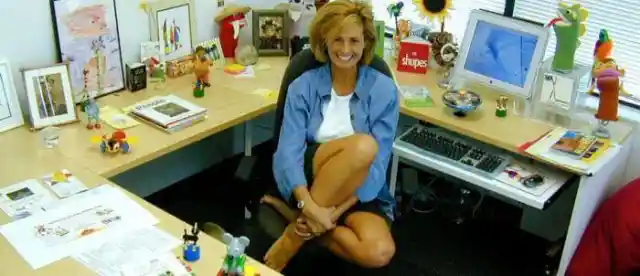
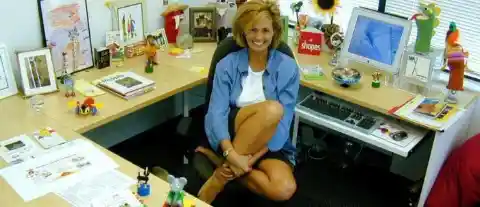
Moms across the world approved, and the company became a multi-million dollar success after it was sold to Disney in 2001.
The founders of Whole Foods borrowed money from friends and family and were even evicted from their apartment for using it as storage during the founding stages of their first store.
Auction For A Future
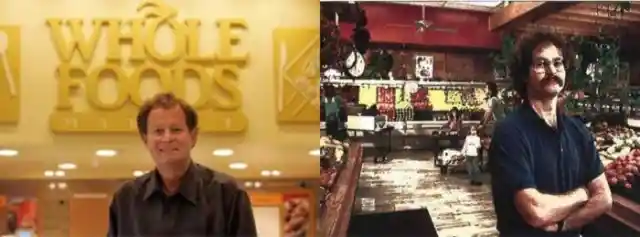

Flash forward to the present, and Whole Foods brings in over $12 billion in sales annually from its 400 locations.
Pierre Omidyar started the auction website eBay from his home office over Labor Day weekend in 1995. The start-up, then called Auction Web, was designed to bring buyers and sellers together.
Taking Business Door To Door
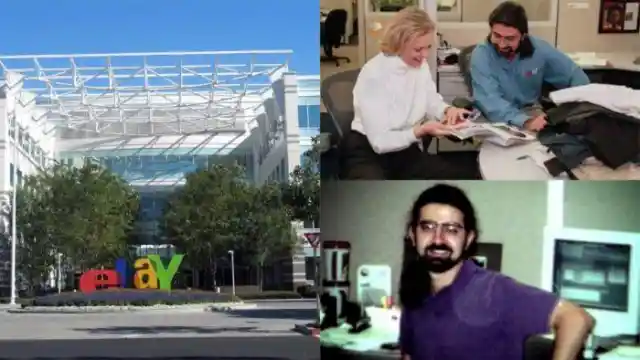
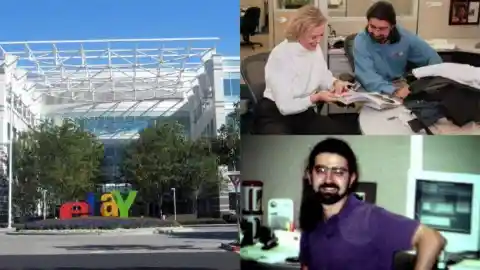
At any given point, the platform has over 800 million items for sale and approximately 162 million users. The company is now worth just under $30 billion.
Door to Door Organics was launched in 1997 by David Gersenson. He launched the company with a measly $700 investment, working out of several cardboard boxes in his own garage.
Dorm Room Projects Pay-Off


Almost two decades later, the company reached $25.5 million back in 2014 and is projected to reach a net worth of $100 billion by 2019.
The popular social media website Facebook was created in founder Mark Zuckerberg's Harvard dorm room. What was once a young adult's pet project is now worth more than companies like Walmart, GE, or Exxon, with revenues just under $30 billion in 2016.
Gaming For A Profit
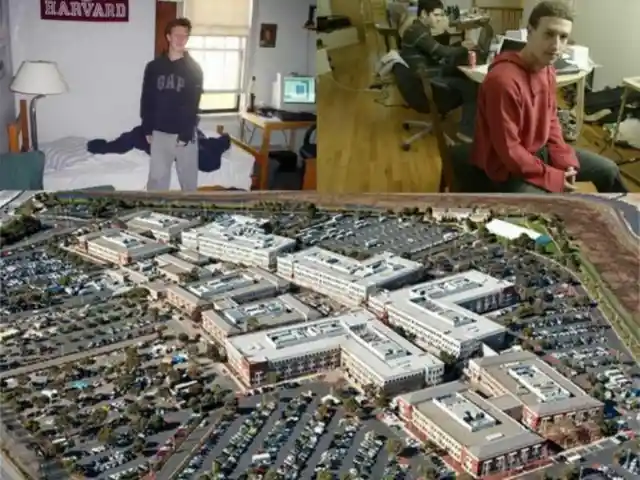
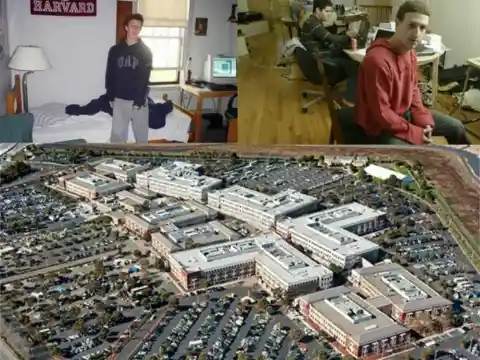
At the end of 2016, the company had reached an employee count of 17,048 people and is only projected to grow further in the upcoming years.
While the gaming company PopCap is a household name, the company has quite humble roots. The business was started in John Vechey's small home office in 2000.
Driven To Share Videos Easily

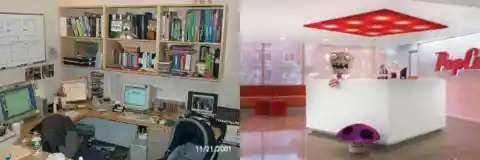
In 2011, the small start-up company was purchased by gaming giant EA for $1.3 billion. The company has maintained its original start-up feel.
YouTube creator Chad Hurley worked every free moment he had founding this popular website. His location of choice for his side project turned out to be his office cubical.
Building Careers Across The World
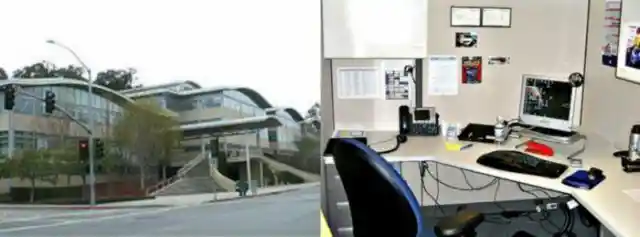
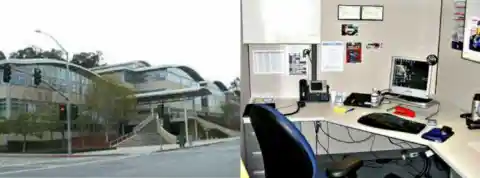
At the time, Hurley was employed by PayPal, and he teamed up with coworkers Steve Chen and Jawed Karim to finalize the project. YouTube is now worth between $26 and $40 billion, depending on the estimate.
In 2003, the networking site LinkedIn hit the web. The company, which had an impressive 4,500 members in the first month, came into existence in the living room of Reid Hoffman.
From The Basement To The Shark Tank
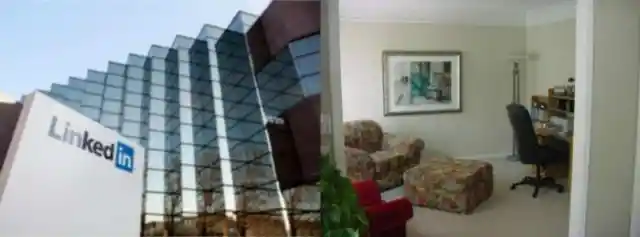
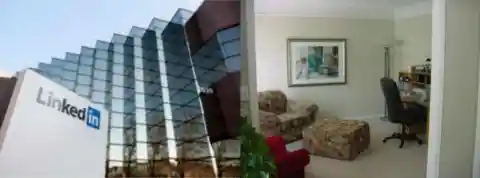
In the early days, Hoffman managed to recruit former coworkers from Paypal and SocialNet to help pioneer the new site. LinkedIn was purchased by Microsoft in 2016 for $26.2 billion.
Kevin O'Leary, star of the hit TV show Shark Tank, gained his entrepreneur status in a basement of a small Toronto home when he launched his software company SoftKey. O'Leary borrowed $10,000 from his mother in addition to his own private savings in order to fund the startup.
No Virgin To Success
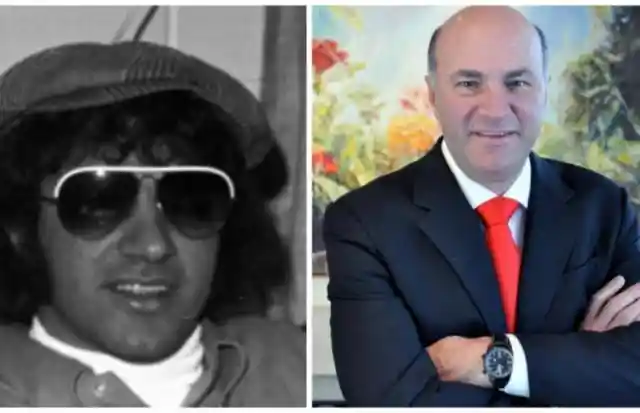
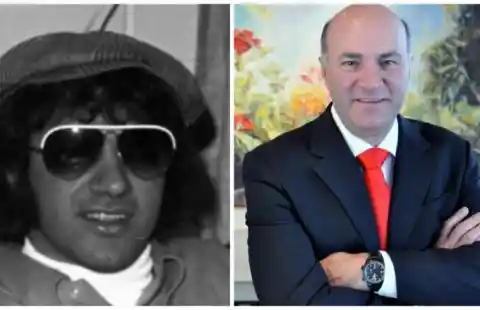
O'Leary has an estimated net worth of $300 million.
The multimedia conglomerate Virgin started its early days in a tiny basement in Richard Branson's home during the 1960s. Branson kickstarted his empire at age 17 when he released his first magazine which covered the youth culture of the time period.
Conquering The Fashion World From A Basement


The first issue was published on January 26th, 1968. Branson is now worth $5 billion.
FUBU, the large-scale clothing retailer, was founded in 1992. Although the company is now an internationally recognized brand, it was launched out of Daymond John's mother's basement.
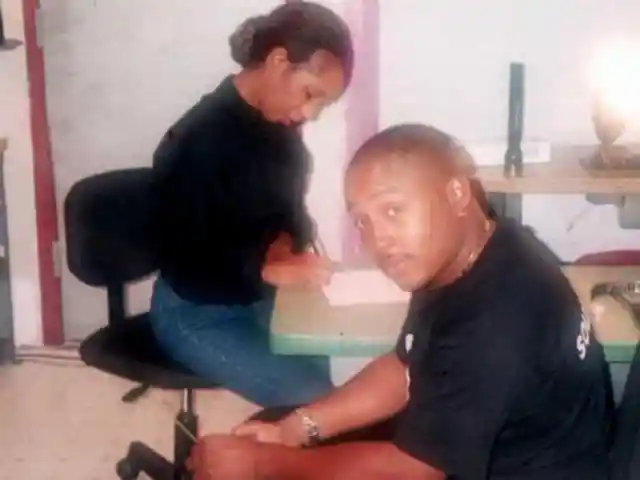
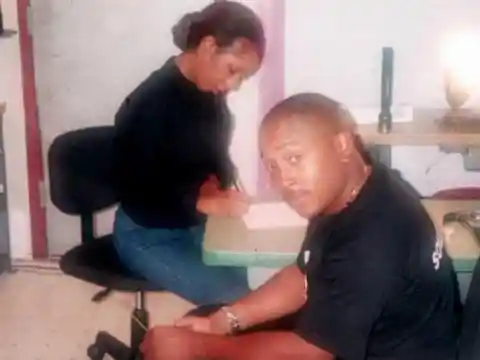
A startup fund of $100,000 was secured by John's mother, who mortgaged their home to invest in her son's idea. John is now worth $250 million.